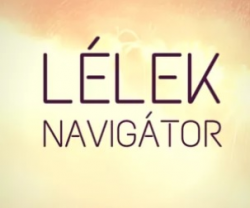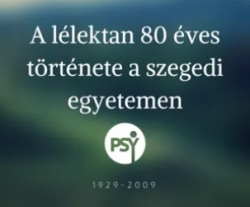A filmekbe való bevonódás, az emlékezet és a preferenciaítéletek a médium függvényében
Peszeki Nikolett1, Dr. Papp-Zipernovszky Orsolya2, 1ELTE PPK Pszichológiai Intézet, 2SZTE BTK Pszichológiai Intézet
Peszeki Nikolett1, Dr. Papp-Zipernovszky Orsolya2
1ELTE PPK Pszichológia, 2SZTE BTK Pszichológiai Intézet
Jelen kutatásban arra a kérdésre keressük a választ, hogy napjaink megváltozott, a felgyorsult élethez alkalmazkodó filmnézési szokásai mennyiben befolyásolják a befogadás kognitív és érzelmi összetevőit. Vizsgáljuk a filmnézés körülményeinek (nyugodt, zavartalan környezet versus zavart környezet), a filmi narratívumba való bevonódásnak (NES, Buselle & Bilandzic, 2009), az emlékezetnek és a tetszésítéletnek az összefüggéseit, 45 egyetemista hallgató válaszaiban. Az eredmények szerint a kísérleti helyzetben a zavarás nem volt hatással a narratív bevonódásra és az emlékezeti előhívásra, és a szubjektív megítélésre is csak tendenciaszinten. A narratív bevonódás és a szubjektív filmélmény között viszont erős összefüggés volt tapasztalható.
Kulcsszavak: narratív bevonódás, filmnézés, médiafogyasztás, zavart ingerfeldolgozás
English abstract
Narrative engagement, memory and preference judgements, depending on medium conditions
In this study, we examine how factors like changed and adapted habits of watching movies affect psychological phenomena that are activated during the reception of art (movie watching). We examine the role of preference judgments in narrative engagement and the effects of disturbed stimuli on the recall phase of the memory process. In sum, the interrelations of four factors are examined: narrative engagement, memory, the conditions of movie watching (calm, uninterrupted condition; interrupted condition; and active disturbance condition) and subjective liking. Data involves the answers of 45 university students in 3 experimental setups. The results showed that neither the conditions of movie watching, nor the potential disturbance did not influence narrative engagement and memory recall, however, they influenced the subjective liking of the movie at a tendency level, and there was a strong correlation between narrative engagement and subjective opinion.
Key words: narrative involvement, watching movies, media consumption, disturbed information processing






